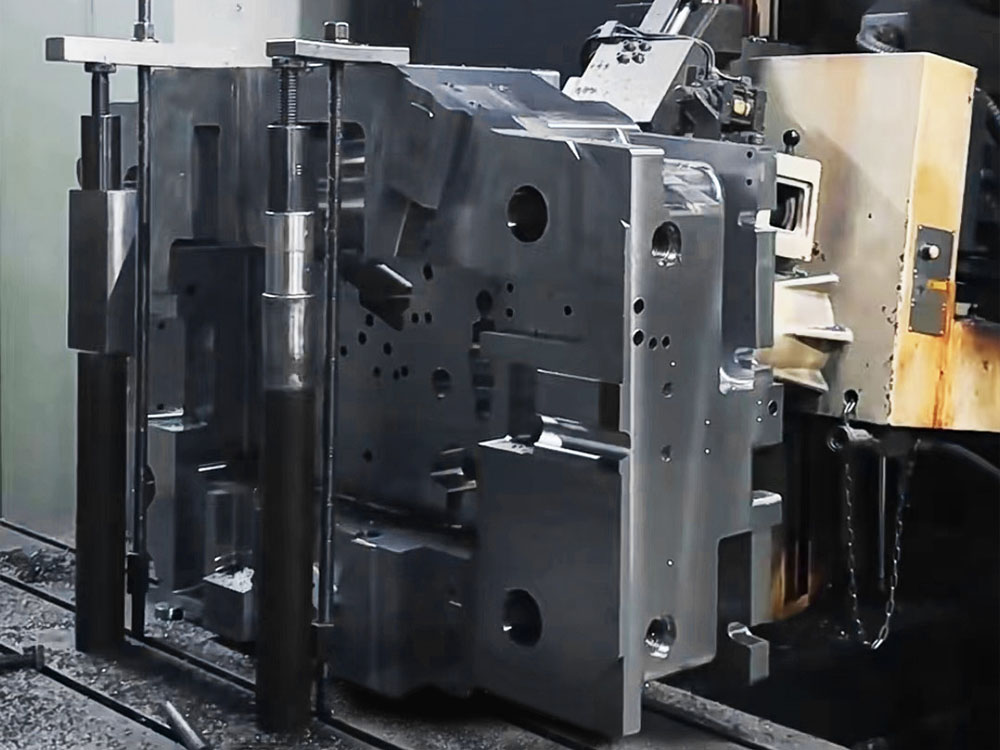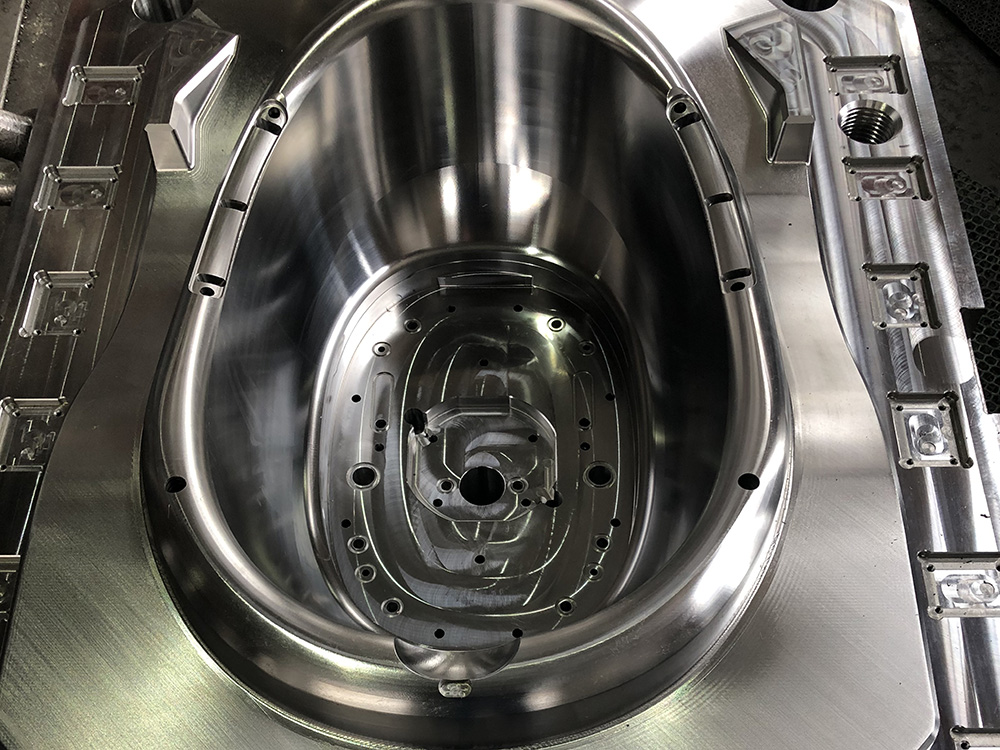Is Machining Moulds a Good Option?
The mold base industry plays a crucial role in the manufacturing sector, providing the foundation for producing high-quality and precise components for various industries. One of the key aspects of mold base production is machining molds, which involves shaping the base materials according to the desired specifications. But is machining molds a good option? Let's delve into the details to find out.
Overview of Machining Molds
Machining molds involves using advanced machinery and tools to cut, shape, and finish the mold base materials, primarily metals such as steel or aluminum. This process is highly specialized and requires skilled professionals with expertise in CNC machining, tooling, and mold making.
Machining molds offers several advantages over other traditional methods of mold base production. Firstly, it allows for precise customization, ensuring that the mold base meets the exact dimensions and specifications required for the final product. This level of precision is critical in industries such as automotive, aerospace, and medical, where tight tolerances are necessary.
Furthermore, machining molds enables the production of complex and intricate designs that may not be achievable through other methods. The use of computer-aided design (CAD) software and CNC machines allows for the creation of intricate features, intricate contours, and precise details that are essential for molds used in various industries.
The Benefits of Machining Moulds
One of the major benefits of machining molds is the potential for improved efficiency and cost-effectiveness. With the use of advanced CNC machines, the manufacturing process can be highly automated, minimizing human error and reducing production time. This results in increased efficiency, shorter lead times, and ultimately, lower costs for the customer.
Another advantage of machining molds is the ability to produce high-quality molds with enhanced durability and longevity. The precision and accuracy afforded by CNC machining ensure that the molds have a longer lifespan, reducing the need for frequent replacements. This not only saves costs in the long run but also minimizes production downtime and ensures consistent product quality.
Addition to produce high-quality molds, machining also allows for greater design flexibility. This means that customers can easily modify or customize the mold base design to accommodate changes or improvements in their products. With CNC machining capabilities, alterations can be made quickly and accurately, without the need for significant rework or starting the production process from scratch.
Challenges and Limitations
While machining molds offers numerous advantages, it is important to acknowledge the potential challenges and limitations associated with this process. One of the primary challenges is the initial investment required for advanced machinery and equipment. CNC machines can be expensive to purchase and maintain, and not all manufacturers may have the financial resources or the volume of orders to justify this investment.
Additionally, machining molds may not be suitable for all types of materials. Some materials, such as certain plastics or composites, may require alternative manufacturing methods due to their specific properties or characteristics. It is essential to consider the material requirements before deciding on the machining approach.
Conclusion
In conclusion, machining molds is undoubtedly a good option for the mold base industry, offering precise customization, complex design capabilities, improved efficiency, and cost-effectiveness. It allows for the production of high-quality and durable molds while enabling design flexibility for customers. However, it is crucial to assess the specific requirements of each project and consider the associated challenges and limitations before proceeding with machining molds. Ultimately, with the right expertise and resources, machining molds can contribute significantly to the success of the mold base industry.




